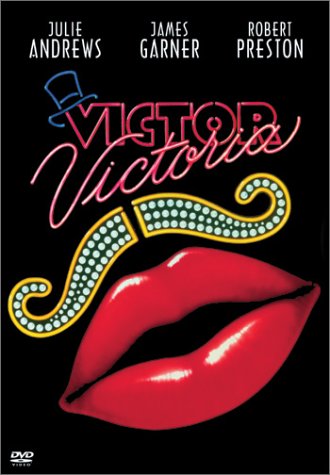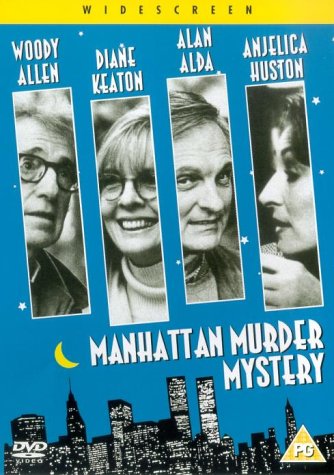 While You Were Sleeping
While You Were Sleeping(1995)
Directed by Jon Turteltaub
Written by Daniel G. Sullivan & Frederic LeBow
Starring Sandra Bullock, Bill Pullman
Yes, I am starting my "Wednesday Classics" with While You Were Sleeping. Originally, it was going to be Amadeus, which I believe to be the finest movie yet written, but then I watched this again, and decided to stake my notice here and now that not all the films featured in this bi-weekly column will be critical darlings. They are my darlings. My favourite films. There will be your Seven Samurais and your Casablancas, but there will always be room for your While You Were Sleepings.
What you need to know of the plot if you haven't seen it is that Lucy (Sandra Bullock) ends up being mistaken for Peter Callahan's (Peter Gallagher) fiance by Peter's family, while Peter is in a coma. They take her in over the holidays, and she grows to genuinely love them, and so is afraid to tell them the truth. Things get more complicated when she meets and falls for Jack Callahan (Bill Pullman), Peter's brother. But, of course, we know things aren't complicated. She will end up with Jack, because, well, those are the rules of this movie. And you don't question them.
It's a formulaic movie. It never jostles you. Nothing ultimately happens that we don't expect. And that's part of its formidable charm. Charm, in fact, is what this movie runs on. The writing is fine, but it's elevated by a slew of perfectly-played performances. It never makes you laugh out loud, but it always makes you smile, and it's a warm smile. You grow to care for all the people in the movie as you would for your family, if you felt about your family the way the Callahan family feel for one another... if that makes sense. And this is to say nothing of how you'll adore Lucy. Because you will. You really, really will.
Sandra Bullock and Bill Pullman are pitch-perfect for one another. They have a good chemistry, and you really sense how much they care for one another over the course of ev
 ents that lead to them getting married. You know about twenty minutes into this movie that it's heading for that, but it's still fun to watch. I've seen this movie countless times since I was little, and I still squeal with glee and delight every time it reaches the end, when Lucy's mindlessly taking tokens, only to hear the *ding of an engagement ring. She looks up, and there's Jack, with the Callahan Family (with the exception of Saul, they travel as a pack constantly). He asks if he can come in to ask her a question. She says she can't. He looks crestfallen. She says, "Not without a token." He tosses one in without even looking. She starts to smile uncontrollably. He asks her to marry him. She says "Yeah." I stop squealing right around here, but only because I have to breath, lest I pass out. By the time this movie ends, my jaw hurts from smiling so much. And I absolutely love it.
ents that lead to them getting married. You know about twenty minutes into this movie that it's heading for that, but it's still fun to watch. I've seen this movie countless times since I was little, and I still squeal with glee and delight every time it reaches the end, when Lucy's mindlessly taking tokens, only to hear the *ding of an engagement ring. She looks up, and there's Jack, with the Callahan Family (with the exception of Saul, they travel as a pack constantly). He asks if he can come in to ask her a question. She says she can't. He looks crestfallen. She says, "Not without a token." He tosses one in without even looking. She starts to smile uncontrollably. He asks her to marry him. She says "Yeah." I stop squealing right around here, but only because I have to breath, lest I pass out. By the time this movie ends, my jaw hurts from smiling so much. And I absolutely love it.Grade: A+
Wednesday Classics will alternate, each week, between an album and a movie. Stay tuned!


















